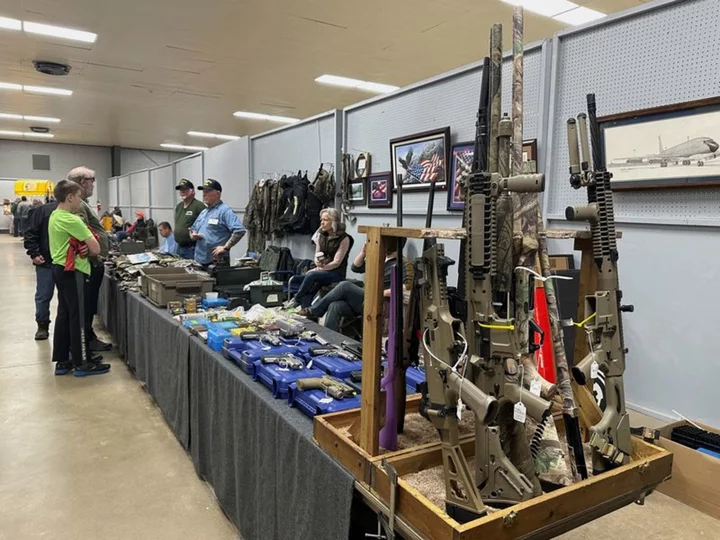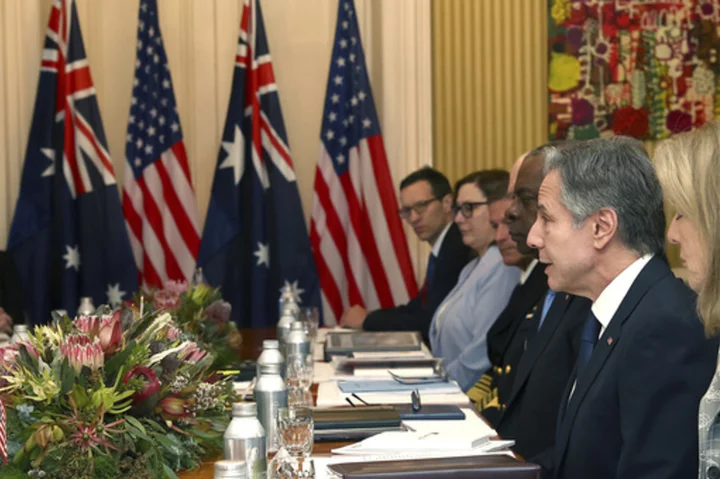By Nate Raymond
(Reuters) -The Illinois Supreme Court on Friday upheld a Democratic-backed ban on assault-style rifles and large-capacity magazines enacted after a deadly mass shooting in Chicago's Highland Park suburb in 2022 that left seven people dead and dozens of others wounded.
The state's high court in a 4-3 vote rejected arguments by a group of plaintiffs led by a Republican state Representative Dan Caulkins, that the ban violated the Illinois Constitution by not applying the law equally to all citizens.
Democratic Illinois Governor J.B. Pritzker in a statement called the ruling "a win for advocates, survivors, and families alike because it preserves this nation-leading legislation to combat gun violence and save countless lives."
In January, he signed into law the measure, the Protect Illinois Communities Act, which bans the sale and distribution of many kinds of high-powered semiautomatic "assault weapons," including AK-47 and AR-15 rifles, and large-capacity magazines.
Justice Elizabeth Rochford, a Democrat, wrote that the constitution's equal protection and special legislation clauses did not bar the state's legislature from treating certain citizens differently than others by exempting them from the law.
Those exemptions applied to people who complete firearms training while employed in law enforcement, the military and private security and individuals who already owned the prohibited guns before the ban was enacted.
"The Act attempts to balance public safety against the expertise of the trained professionals and the expectation interests of the grandfathered individuals," Rochford wrote in an opinion that was joined by three of her fellow Democratic justices.
The ruling reversed a lower-court judge's ruling in the plaintiffs' favor. Justices Lisa Holder White and David Overstreet, both Republicans, and Mary Kay O’Brien, a Democrat, dissented.
The plaintiffs also argued the law violated the right to keep and bear arms under the U.S. Constitution's Second Amendment. But Rochford said the plaintiffs waived that argument by not raising it at the lower-court level.
That Second Amendment argument is central to separate ongoing federal lawsuits also challenging Illinois' law.
The conservative-majority U.S. Supreme Court last year in striking down New York state gun limits on carrying concealed firearms announced a new legal standard requiring firearms restrictions to be "consistent with this nation's historical tradition of firearm regulation."
That ruling has made it more difficult for lower courts to uphold new or existing gun regulations, several of which have been declared unconstitutional.
(Reporting by Nate Raymond in Boston; Editing by Jonathan Oatis and Alexia Garamfalvi)









